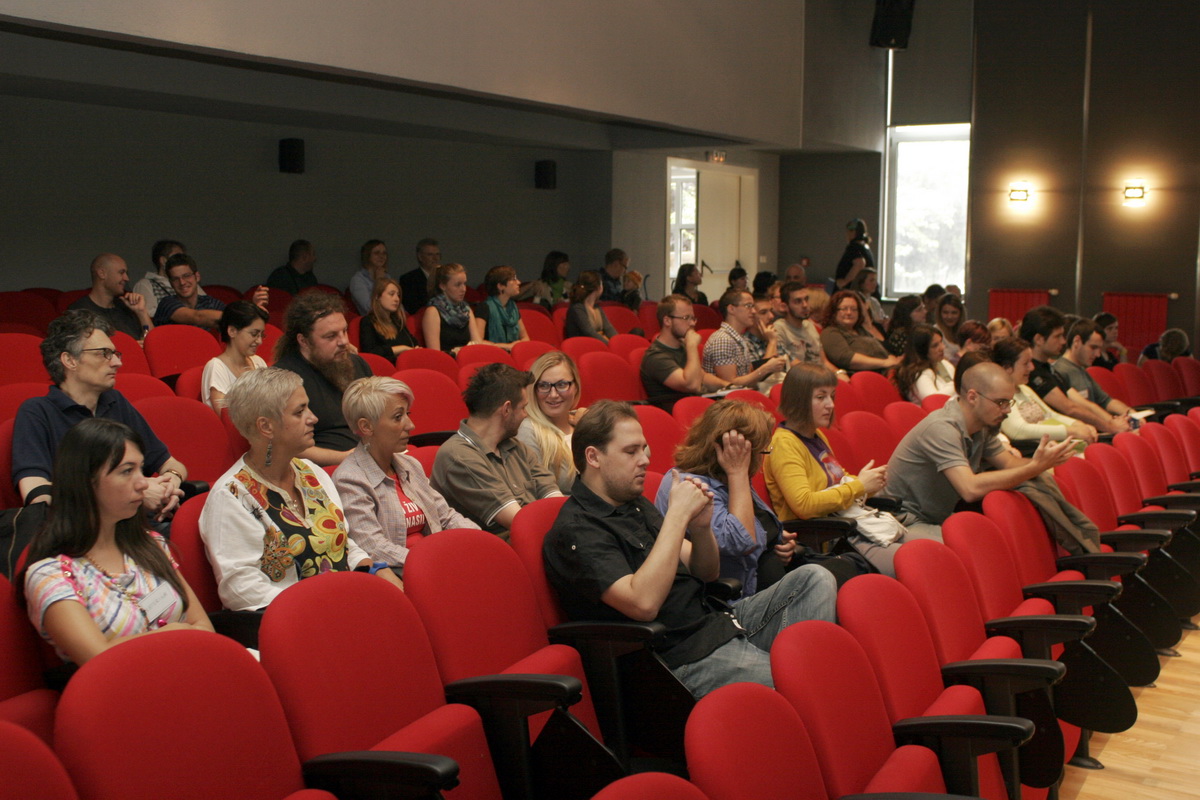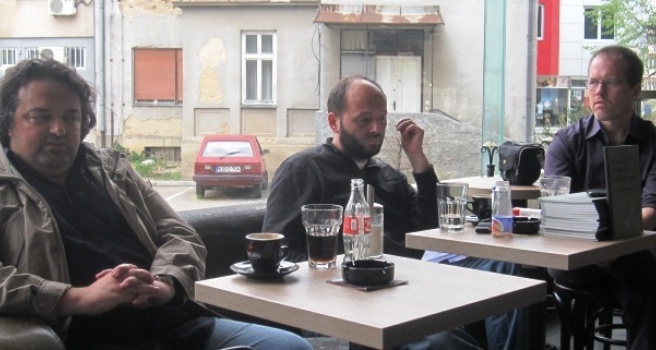Opening
Opening of the 5th Post-Yugoslav Peace Academy
The 5th Post-Yugoslav Peace Academy was opened today, July 23rd at the Franciscan Student Dormitory in Sarajevo.
Participants were greeted by the organizers of the Post-Yugoslav Peace Academy and instructors of this year's courses: Tonči Kuzmanić, instructor of "Politics, Power and Inequalities", Svjetlana Nedimović, instructor of "Role of Historical Truth in Conflict Transformation", and Jayne Docherty, instructor of "Strategic Peacebuilding".
One of the most interesting questions which will be discussed on the course "Politics, Power and Inequalities" is if violence is really the worst thing that can happen to us. 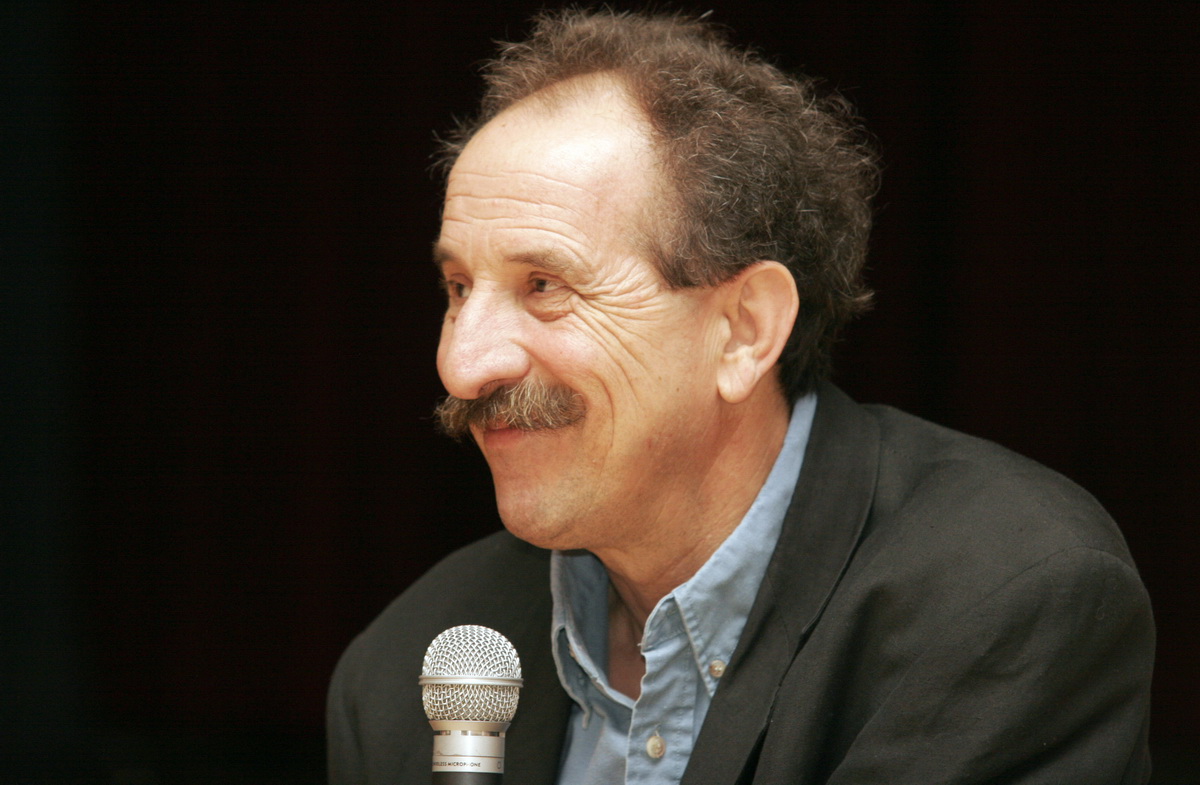
The goal of the course "Role of Historical Truth in Conflict Transformation" is to "open the discussion about the ethical and political status of truth and to start a debate about the mechanisms of defining and disseminating historical truth".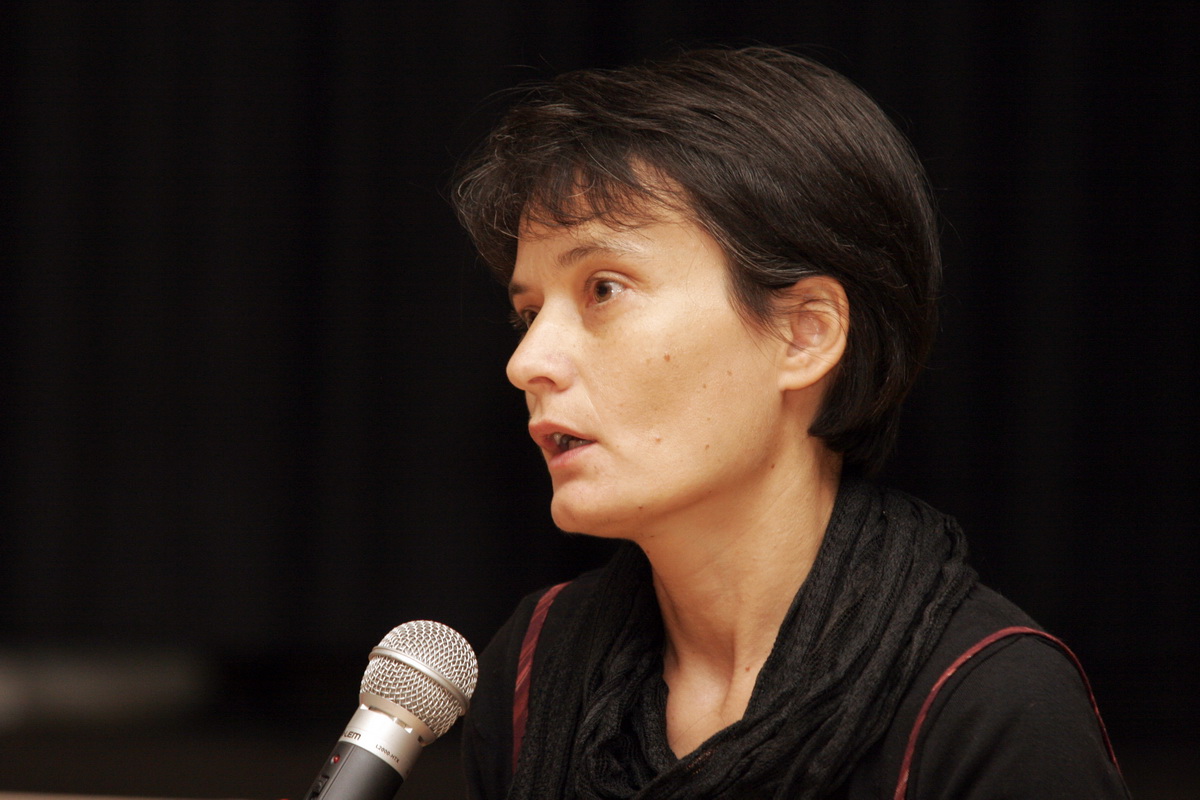
The course "Strategic Peacebuilding", held in English language, is going to deal with issues and dilemmas which occur in the process of peacebuilding in today's violent conflicts.
This year's courses will be attended by 55 participants from the former-Yugoslav region and beyond. The previous four Academy's have been attended by more than 200 participants.
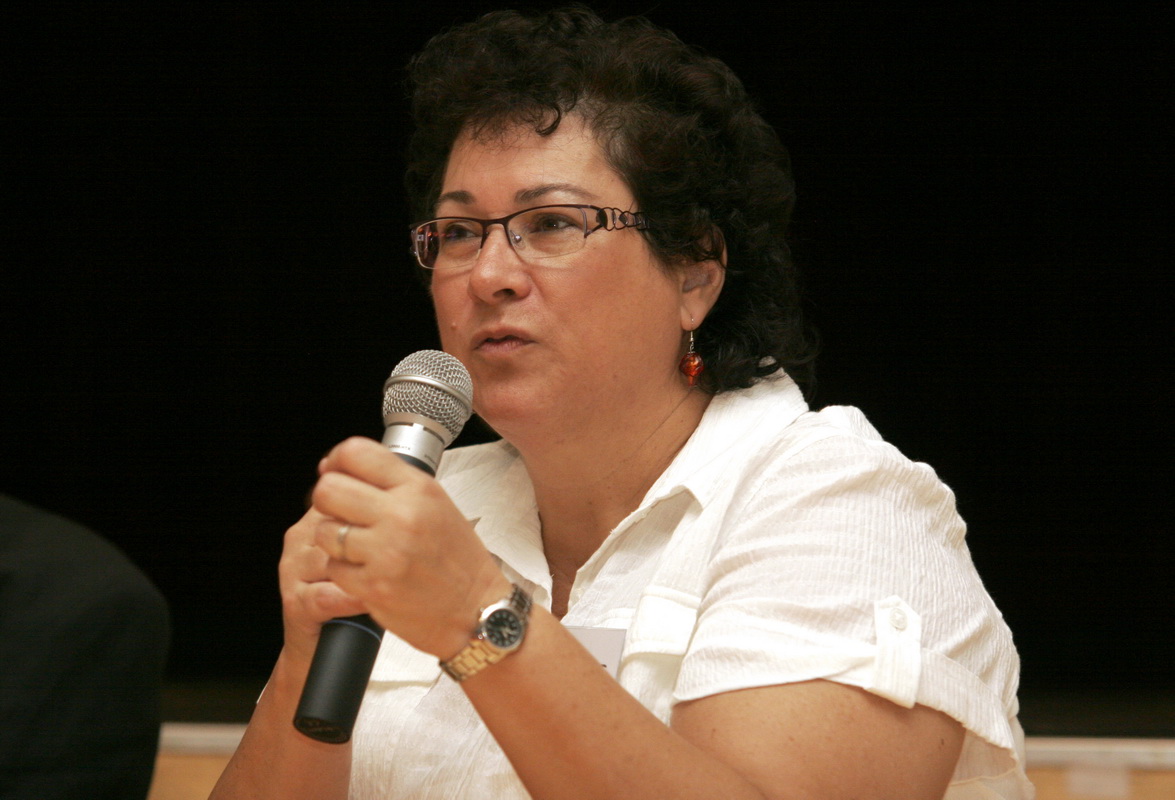
We would like to thank Mennonite Central Committee and the Balkan Trust for Democracy for financially supporting the Post-Yugoslav Peace Academy and activities of the Peace Academy Foundation.
Pictures: Branimir Prijak

